What is Midrash?
Many times, Jesus (aka Yeshua), is recorded telling a story that has its parallel in the midrashic tradition. In truth, it is a brilliant way to connect to established themes and set the stage for the lesson he wants to teach.

The word Midrash can be loosely translated as 'searching' or even 'expounding', as in, expounding upon scripture. Serving as an ancient form of storytelling, the midrash carries important insights into the Biblical texts, most likely from before the texts themselves were written down. This includes some life stories of the patriarchs and matriarchs, historical events, and explanations of texts that were not captured in the written text.
Midrash also helps to fill in the gaps left by abrupt transitions in the Bible, explain strange spellings of a word, or any other oddity that draws one's attention. For more than 3 millennia, these stories have been told, adapted, and retold throughout the Jewish world.
This is important to keep in mind as, you may be aware, it is customary to read the five books of the Torah each year. You might imagine that this could get stale after a few years, but not so. Midrash helps relativize the texts, exploring new perspectives, and provides endless material for expounding lessons for new audiences.
What makes Midrash so powerful though, is that these stories are widespread and often well-known to religious Jews. This gives a shared language and database of metaphors to help an itinerate Rabbi connect with his audience, no matter where he is teaching.
This is also true in the New Testament. Many times, Jesus is recorded to have told a story that has its parallel in the Midrashic tradition. In truth, it is a brilliant way to connect to established themes and set the stage for the lesson a teacher wants to pass on.
How Old Is the Midrash?
Though the various volumes of Midrash have been compiled after the Talmudic period, it is understood in the Jewish, and even much of the academic community that the material dates back much further.
How far back? We really cannot say, but given the organic and creative nature of Midrash, one can certainly see themes and shared ideas in the early form before they are further developed and refined over time.
This video will provide further insight.
